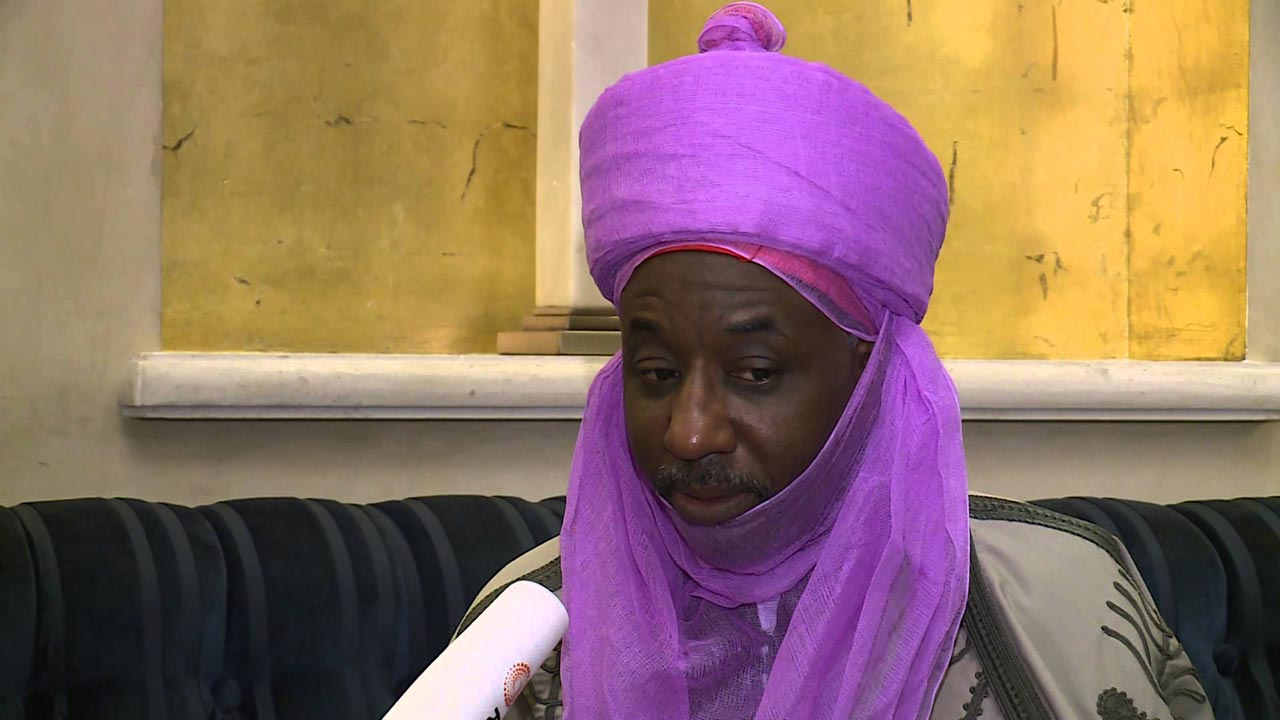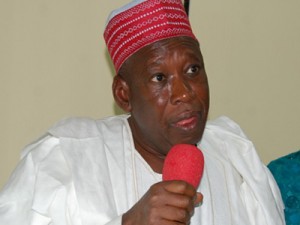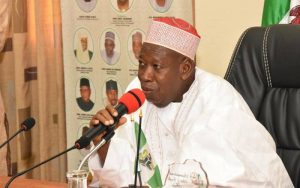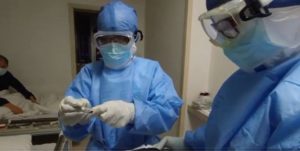
May 8, 2019. Premium Times: The Kano State House of Assembly has removed 36 local government areas from the Kano Emirate to create four new emirates.
The proposed new emirates are Rano, Gaya, Karaye and Bichi.
The Kano State Governor, Umar Ganduje, has indicated he would sign the bill into law.
This development followed an amendment by the lawmakers of the Local Government and Chieftaincy Affairs Law of the state.
On Monday, one Ibrahim Salisuhad submitted a petition to the state assembly seeking the decentralisation of the Kano Emirate Council.
The assembly set up a committee to look into the petition and come up with a report.
While reading the joint committees report before the floor of the house on Tuesday, the Majority Leader, Baffa Danagundi, said the report also recommended the review of the law.
He said the decision followed wide consultation with stakeholders.
Mr Danagundi said the response received clearly showed that there was a need to upgrade the traditional rulers.
After that, the lawmakers unanimously passed the bill on Wednesday.
A copy of the new law obtained by PREMIUM TIMES on Wednesday stated that the local government councils that remained under Kano Emirate are Kano Municipal, Dala, Nassarawa, Gwale, Tarauni, Fagge, Kumbotso and Ungoggo.
A former Governor of the Central Bank of Nigeria, Muhammad Sanusi, as the Emir of Kano is the head of the Emirate.
The proposed Rano Emirate covers 10 local government councils. These are Rano, Bunkure, Kibiya, Takai, Sumaila, Kura, Doguwa, Tudunwada, Kiru and Bebeji.
The proposed Gaya Emirate has nine local government councils consisting of Gaya, Ajingi, Albasu, Wudil, Garko, Warawa, Dawakinkudu, Gabasawa and Gezawa.
The proposed Karaye Emirate has eight local government councils. These are Karaye, Rogo, Gwarzo, Kabo, Rimingado, Shanonon, Madobi and Garunmalam.
Bichi Emirate has nine local government areas. They are Bichi, Bagwai, Tsanyawa, Shanono, Kunchi, Dambatta, Makoda, Dawakintofa and Tofa.
The amendment bill received a swift passage at the Assembly after scaling the third reading at Wednesday’s plenary presided by the Speaker, Kabiru Rurum.
Earlier in the day, Governor Ganduje had announced that he would sign the bill when passed by the state assembly.
The governor said this in a statement by his Chief Press Secretary, Abba Anwar.
He said: “We heard about a Bill sent to the State House of Assembly, requesting them to make a law for the creation of four more Emirs in Kano. We believe those that did this did it with good intention and they want the development of the state.”
According to him, “That is the popular wish of our people. The people of Kano state. This will also go a long way in hastening growth and development for the state.”
Mr Ganduje said there had been a clamour for many years among citizens in the state for new emirates. “But now we are happy to see that the idea would come into fruition.”
He said all sectors would benefit from the changes.
“It will also lead to more concentration on our health, education and other equally important sectors of the society. That is why I said there will be no waste of time in signing the Bill into Law.”
But observers said the real motive of the governor is to reduce the influence of the Emir of Kano, Mr Sanusi.
Mr Sanusi reportedly opposed the re-election of Mr Ganduje. The governor scraped through reelection after a disputed supplementary election. He had lost heavily in Kano Municipal, the seat of the Emir.
Kano is one of only two states in Nigeria with one emirate or traditional council. Sokoto, the seat of the Sultan of Sokoto, is the other state with a similar arrangement.
The emirates, as with the other traditional councils, have roles in the administration of local governments and are allocated five per cent of the revenues of the local councils.
By Wednesday’s amendment, Kano Emirate will now cover eight local government areas. Kano State has the highest number of LGAs in Nigeria with 44.




